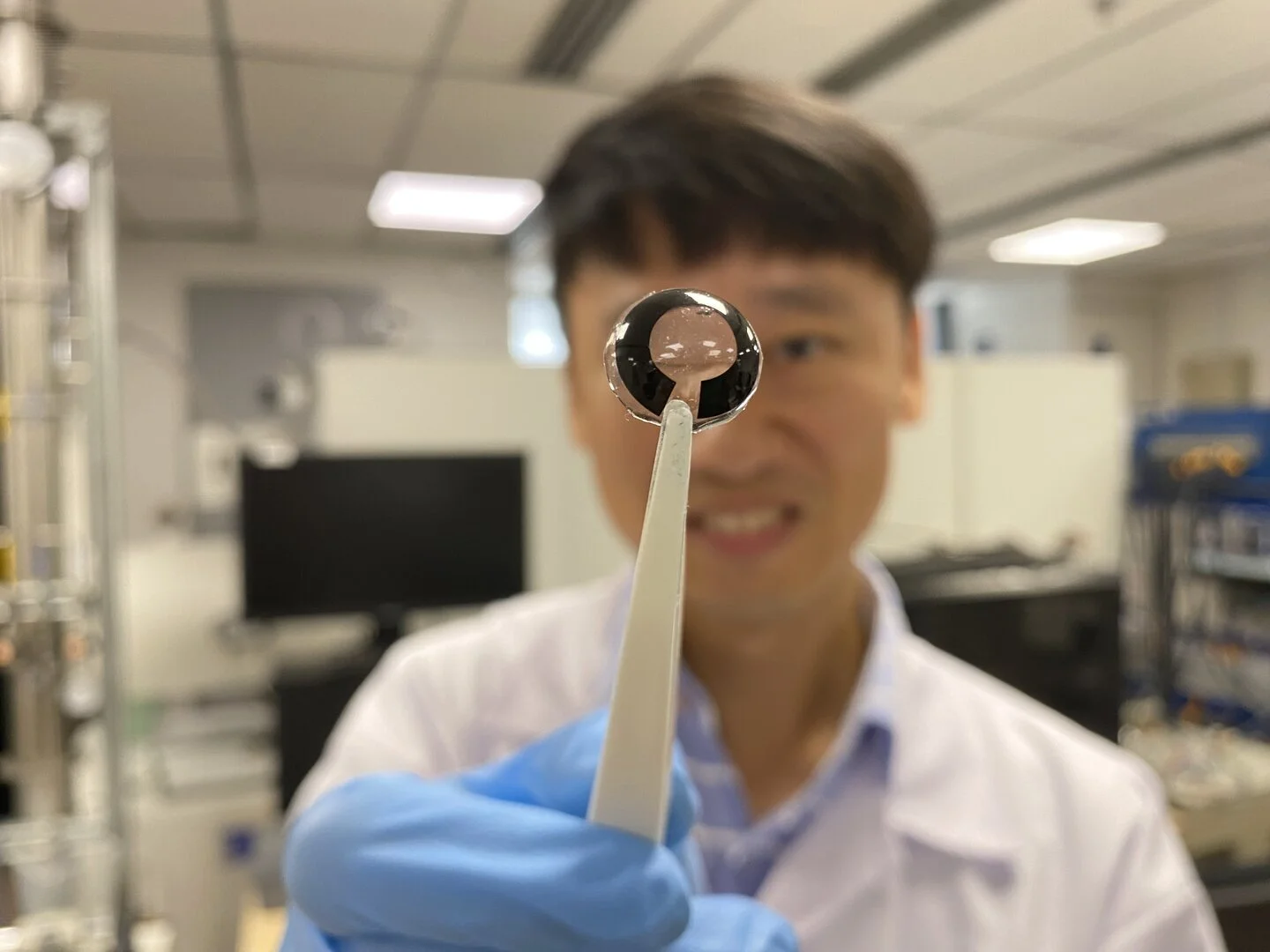Scientists invent micrometers-thin battery charged by saline solution that could power smart contact lenses
Scientists invent micrometers-thin battery charged by saline solution that could power smart contact lenses

techxplore.com
Scientists invent micrometers-thin battery charged by saline solution that could power smart contact lenses

Scientists invent micrometers-thin battery charged by saline solution that could power smart contact lenses::Scientists from NTU Singapore have developed a flexible battery as thin as a human cornea, which stores electricity when it is immersed in saline solution, and which could one day power smart contact lenses.